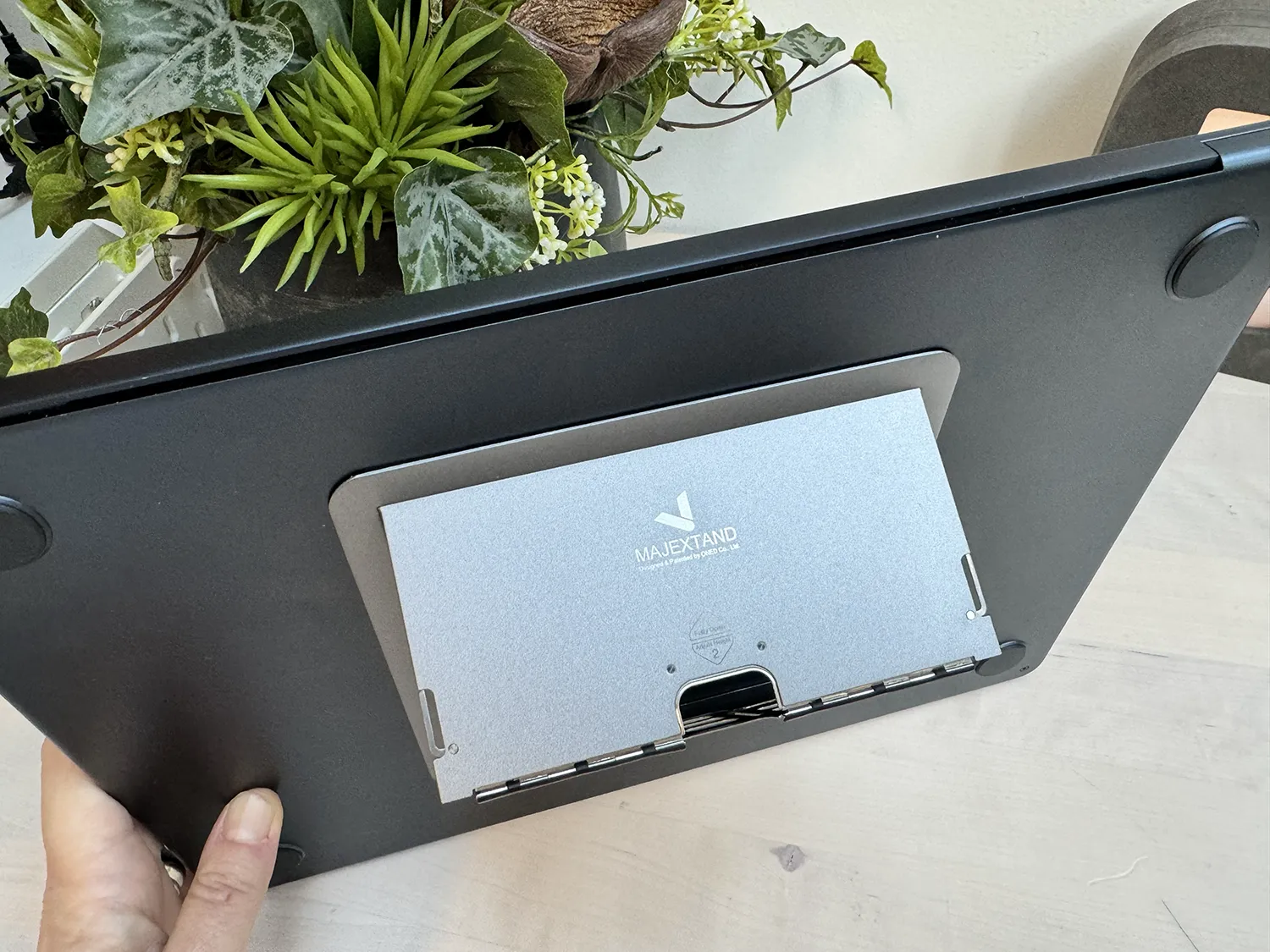Whether you use the fiber line or call with your mobile, every time you make an Internet connection or call someone, you are leaving a trace that the operators keep. This happens on a mandatory basis because the Law obliges your Internet and mobile provider to do so, but it is very possible that you were not aware of it until now. What data is stored exactly?
Operators are required. Whether you like it more or less, a law implemented in 2007 and known as Law 25/2007 has meant that the registration of your information is kept safe in the hands of your provider. Among the data that is collected without your knowledge is the IMEI of your mobile phone, which, added to other details, would help the authorities in the investigation of crimes in which you may have been involved.
How long?
Possibly, the first question that comes to mind would be how long these data are kept in the hands of the operator. Because it is obvious that they are not going to be stored continuously over the years. That said, we can confirm that the data in question is stored on the operators’ servers for a period of 1 year.

This data is added and renewed every time you make a call, so that, in a certain way, as long as you continue using the mobile you will continue to leave a trail of information. The operators will have the ability to share this data with the authorities in the event that a situation arises in which it is necessary.
Are the calls saved?
No, do not worry. Conversations are not recorded. That’s not legal. In the case of landline calls, all the operator does is store the following data:
- Your phone number (which makes the call)
- The name of the holder
- The number you have called
- The exact date and time you made the call
- The duration
The information is also stored in the situation of having some type of line diversion, since this could be a technique that criminals take advantage of to escape from the police. It must also be said that it is not necessary for the receiver to pick up the call, but the registration will be made at the moment the call begins. Therefore, all calls will leave a record.

If you are calling from a mobile, in addition to everything mentioned in the previous paragraph, the IMEI, the IMSI (International Mobile Subscriber Identity, corresponding specifically to your mobile) and the location of the antenna that you have managed are also registered. the call. As a way to increase the level of security and control of users, two more pieces of information can be accumulated. This only happens when the mobile that is being used has a prepaid line. In this type of situation, what is stored extra is information about the antenna that was originally used in the first call and the date when the line was activated.
What is stored browsing?
But due to what this same law dictates, not only records of fixed and mobile calls are stored, but also information about the connections made on the Internet. And this happens whether you are browsing the Internet using your mobile data or using fiber. In both cases the following information is recorded:
- Session start date
- Duration
- IP adress
It is important to keep in mind that the IP that will be registered is the one that is being used at that moment. It will be reflected if it is a static or a dynamic IP and the authorities, if necessary, will surely have methods to cross data and make their own investigations. In addition to this, the code that corresponds to the identifier terminal of the router is also stored.

That one-year period that we have mentioned before applies to all the data stored by the operators within the requirements of this law. When that period passes, the data is deleted and leaving space for the most current ones. Also, remember that these data are only accessible by the authorities in the event that they may be part of a police investigation.













